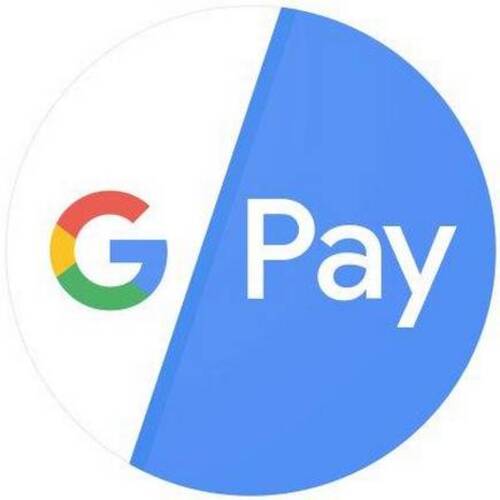Le compte « Plex » disponible dès 2021
Pour l’heure, la firme de Mountain View n’a pas encore annoncé de date exacte de lancement. Toutefois, on sait déjà que le nouveau service proposé par Google Pay sera disponible dès l’année prochaine. Il sera dès lors possible d’ouvrir un compte courant en quelques minutes à partir de l’application, grâce à un réseau de banques partenaires.
Pour l’heure, aucune grande banque française n’a adopté Google Pay, et seules les banques en ligne Fortuneo et Boursorama ont mis en place un partenariat pour permettre à leurs clients de payer via l’application. 6 grandes banques françaises ont en effet lancé une autre solution, Paylib, qui entre directement en concurrence avec Google Pay.
Toutefois, à l’international, Google peut d’ores et déjà compter sur la banque Citigroup et sur la Stanford Credit Union Stateside (SFCU). 9 autres banques devraient rejoindre le réseau d’établissements partenaires en 2021. L’offre de compte courant, baptisée Google Plex, n’exigera pas de solde minimal et ne facturera ni frais de découvert ni frais mensuels. Par ailleurs, une carte de débit MasterCard sera proposée avec le compte courant Plex.
L’incursion des Gafa dans le secteur financier
Google, Apple, Facebook et Amazon ont tous saisi depuis longtemps les enjeux immenses d’une incursion dans le secteur bancaire. Apple a lancé en 2019 une carte de crédit en partenariat avec le groupe Goldman Sachs, Facebook avance, malgré les controverses, sur son projet de monnaie numérique Libra et Amazon travaille également sur une offre de compte courant.
Les banques possèdent des informations sur leurs clients qui font pâlir d’envie les Gafa : revenus, habitudes de consommation, toutes ces données pourraient permettre à ces géants d’avoir une vue générale sur les flux financiers, et de faire du scoring pour proposer des produits bancaires ciblés aux consommateurs.
Mais les autorités de régulation financière font preuve d’une grande vigilance : elles craignent notamment l’effet de concentration, qui empêcherait une réelle concurrence, et le risque accru en matière de gestion des risques en cas de nouvelle crise financière.
Comme le soulignait le Conseil de stabilité financière dans un rapport de 2019 sur le sujet, « ces risques peuvent être particulièrement importants si ces services financiers ne sont pas facilement substituables et si la gestion des risques et les contrôles des Big Tech sont moins efficaces que ceux exigés auprès des institutions financières réglementées ».
